Review
Genesis may be a bit of an outlier in the UK market, currently, but that doesn’t mean the G80 is any less worthy of consideration than its premium-badged rivals.
During our six-month test it has proved itself to be capable, comfortable and charming. If you read our previous reports (below) you’ll see the car is surprisingly competitive when it comes to running costs, offers a real-world range of 300 miles (in the right circumstances) and comes with a wide array of clever features and innovations.
One of my favourites is the solar roof, which can be used to charge the battery on sunny days. In peak conditions this could be as much as a couple of miles worth of extra range. It also, crucially, keeps the car’s 12-volt battery topped up – a growing issue on lots of modern electric cars.
Open the door using keyless entry, push the start button and the G80’s seat and steering wheel glide into your preset driving position automatically. The driving experience is best described as “effortless”. Genesis has tailored the car to cosset its occupants in near silence. The ride is soft, the controls are light, the car always unflustered.
Of course, there’s ample power to get you out of trouble. I often find myself joining busy dual carriageways from short slip roads and with a gentle nudge of the throttle, the Electrified G80 whisks itself to the national speed limit without raising a sweat.
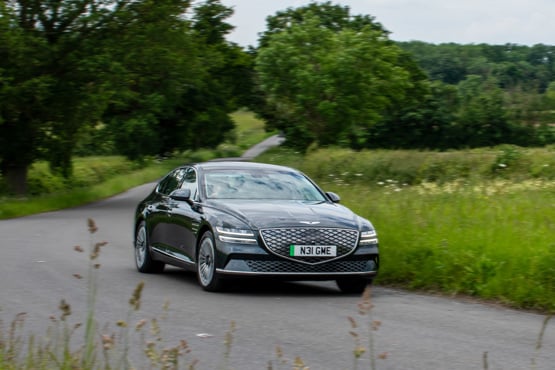
During the course of our long-term test we clocked up 4,500 miles in the car, with an average consumption of 2.9mi/kWh. That’s real-world driving, through multiple seasons.
For an all-wheel-drive luxury saloon, I think that’s a pretty impressive number.
The G80 annoyed us in a couple of small ways during our test. Firstly, the position of the rotary gear selector adjacent to the almost identical infotainment system controller meant we were caught out on occasion.
It also has quite a small boot, owing to the fact that this chassis started life powered by a combustion engine.
The placement of the charging port in the front grille means you can’t reverse into charging bays. Oh, and the aforementioned keyless entry – it only works on the front door handles.
But, the build quality, the smoothness, the grandeur of the G80’s styling. It’s all worth it.
Sometimes cars get under your skin when you don’t expect it and that’s exactly what the G80 does. If you try one – and I really suggest that you do – I guarantee you’ll come away impressed.
Do the costs stack up?
We’ve established that the G80’s key rivals are the BMW i5 and the Mercedes EQE, both of which offer single-motor powertrain options with slightly less performance.
They’re also both available in fleet-friendly Sport Edition trim levels, which have been developed to offer the best mix of specification and running costs, while also slotting nicely into fleet choice lists.
The G80, offered in just one powertrain and trim level, has a tougher job of appealing when it comes to running costs.
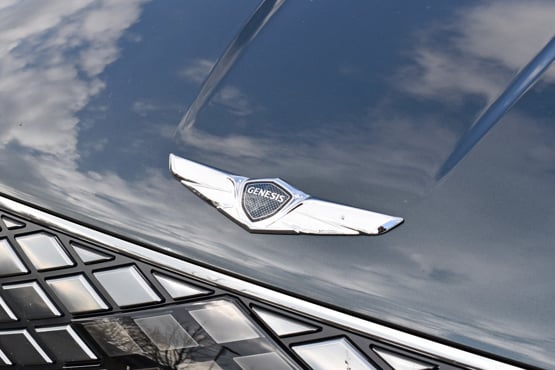
In our basket of three models, the Electrified G80 Luxury is the most expensive at £69,850 when compared to the £67,540 i5 eDrive40 Sport Edition and the £68,755 EQE 300 Sport Edition.
At the time of writing, the BMW offers the lowest running costs of the three at 70p per mile over a typical four-year cycle. The Mercedes is 77p and the Genesis comes in last at 78p.
Depreciation accounts for the bulk of the costs. The i5 performs best, with a predicted residual value of £25,000. The Genesis sits mid-table at £22,325 and the EQE has the lowest residual (£20,450).
SMR costs are the most closely aligned, with all three cars costing around 5p per mile. It’s worth noting that the Genesis comes with a five-year inclusive servicing package.
Fuel costs are slightly higher for the G80, at 13p vs 11p for the other two. Owing to the fact it has two motors, instead of one, that’s to be expected.
If we alter the selected trim level for the two rivals into one of their more desirable options – that’s M Sport Pro for the i5 and AMG Line Premium for the EQE – then the Genesis becomes the cheapest option by a significant margin.
And if we were to only look at dual motor derivatives, then the G80’s financials become even more compelling.
With all these cars there’s a myriad of option packs and features that can be added to enhance and personalise the specification. In each case these can have a profound effect on running costs. By keeping the G80’s model range tight, Genesis has made it easier for customers to get the model they want rather than the one they can afford.
Luxury done right
Premium car makers have become obsessed with sportiness. Most of the German brands offer their top-end cars in performance-inspired guises, complete with firmer suspension, larger alloy wheels and tacky gloss black trim pieces.
The Electrified G80 only comes in one trim level: Luxury.
And I’m quite pleased about that. Despite the fact that Genesis has just announced a sporty line of ‘Magma’ models, with supercar-rivalling power outputs, for day-to-day driving the comfort focus of our G80 is just what I want.
From the nappa-leather seats, which have heating, cooling and massage functions built in, to the contrasting aluminium and wood trim, the G80’s interior is rather lovely.
Then there’s the ride. It’s soft and forgiving, absorbing the worst of the UK’s roads to ensure that those on board remain comfortable at all times.
Sound insulation is so effective that I’ve often forgotten what wind and road noise even is, only to be disappointed when I get behind the wheel of anything else.
The G80’s on-road demeanour matches its classically styled exterior. I’ve lost count of the number of times someone has asked me “is it a Bentley?”. Perhaps it’s because the G80 was penned by former Bentley director of design Luc Donckerwolke. He’s really given the car a distinctive yet understated appearance.
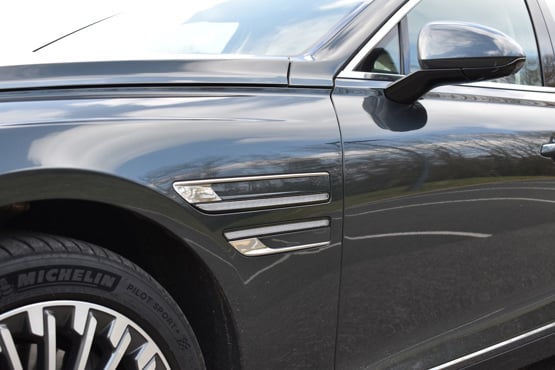
From some angles it really is beautiful. The chrome-clad indicator lights on the front wings are not dissimilar to the air intake vents on the side of Aston Martins. The front grille is bold, giving the front of the car authority, yet it’s flanked by more subtle and intricate headlights.
The car’s silhouette is sleeker than most executive saloons. It has a long bonnet but a short rear-end, with a swooping roofline that’s more akin to a fastback.
On the inside, the design becomes more contemporary. A 14.5-inch infotainment screen sits at the top of the dashboard. All the surfaces are curved and uncluttered. The switchgear is spread out, mixing physical buttons with touch sensitive displays.
The centre console houses a rotary controller for the main screen, as well as a physical volume control of the audio system. Each touchpoint has a quality feel; it really is top-notch.
We’ve only got two criticisms to address. The first is the placement of the infotainment system controller directly in front of the rotary gear selector. Both knobs are similar in size and so you can a imagine what happens when you’re mid-way through a complicated parking manoeuvre. Instead of changing the direction of travel, you often inadvertently switch from your favourite 90s pop radio station to something with lots of talking.
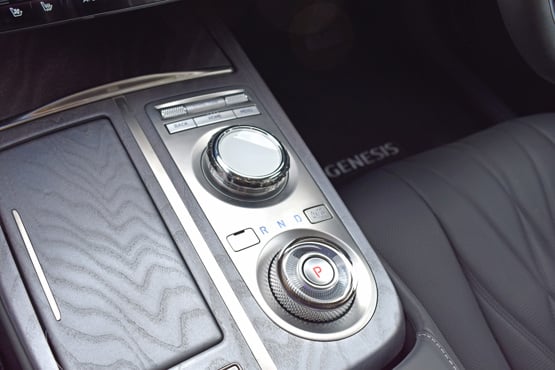
Our other gripe may seem superficial - it’s the material at the top of the door panels. The entire interior is clad in upmarket materials, including the dashboard and lower door panels. But the top part of the door, where you’d rest your arm, is finished in the hard textured plastic you’d expect in a mainstream family hatchback. Would it really have cost that much more to stick one more strip of leather there?
Gripes aside, the G80 is a car you really do fall in love with. It’s so effortless to drive, so welcoming to come to back to after a long day and so different from what everyone else is driving; it just feels like you’re getting so much more car than the modest price tag suggests.
Range and charging
With an official range of 323 miles, the Electrified G80 promises decent long-range capability for a vehicle that straddles the executive and luxury segments.
The two cars it most eagerly competes with are the BMW i5 eDrive40 and the Mercedes EQE300, both of which have single motor powertrains. The G80’s dual-motor arrangement means it is a bit thirstier on electric in real world driving.
The last three months have seen Britain’s weather transition from a chilly single-digit temperatures to spring highs of 23 degrees. It’s given us some real insight to how the G80 performs.
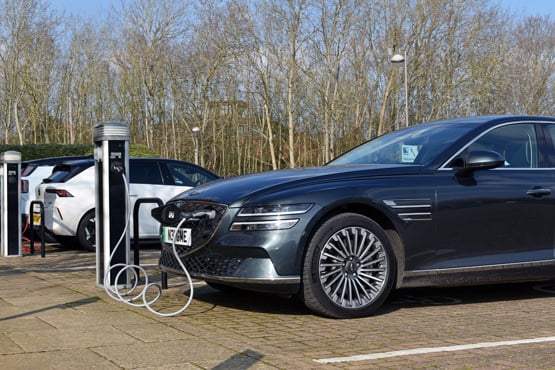
In the depths of winter, our average efficiency was 2.3mi/kWh, giving a real-world range of around 190 miles. This was achieved with ‘normal’ driving, not hypermiling and full use of the car’s heater – so take it as a worst-case scenario.
Once things warmed up a bit, the car was edging towards 3.0mi/kWh, giving a more comfortable 250 miles of range.
A trip the other day, when temperatures peaked, saw an achieved 3.6mi/kWh on a 150-mile round trip. This would give us around 300 miles from a full charge.
While there’s quite a difference in these figures, experience has taught us that this is to be expected. You can mitigate the range loss in winter by pre-conditioning the car before driving and keeping it plugged in to a charger overnight.
One thing we must commend the G80 for is its range estimation. The car has never under-delivered on the promised figure, giving us the confidence to push it almost to zero.
When the car does need charging it makes use of an 800-volt electrical architecture. Most electric cars use a 400v system, which means they can’t charge as quickly.
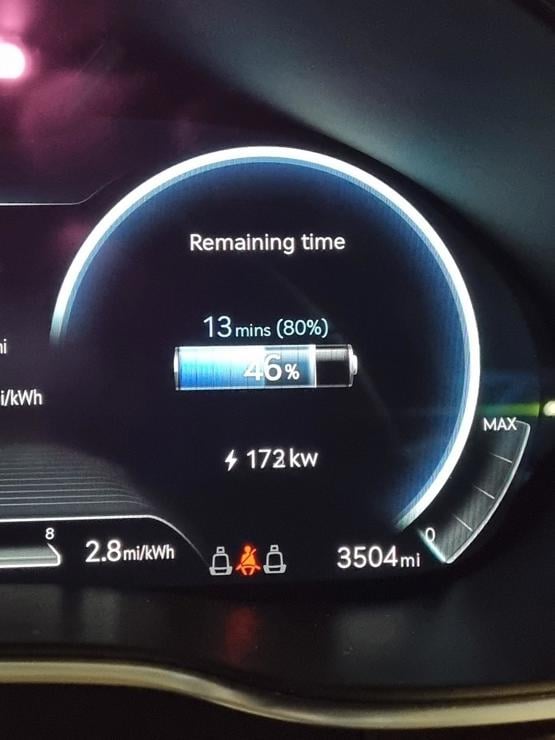
Genesis quotes a maximum charging speed of 230kW, enabling a 10%-80% charge in 22 minutes. We’ve put this capability to the test on a number of occasions and, providing you can find a suitable charging station, it is correct.
Usually I’ll stop for 8-10 minutes, which is enough to add around 100 miles. If you use the car’s sat-nav to route to a charger, it will begin a battery conditioning process that ensures it is ready to charge at maximum speed immediately.
Back to those twin motors. The Electrified G80 has a power output of 370PS and 700Nm, which delivers rapid acceleration. 60mph comes up from rest in less than five seconds and the mid-range punch is equally potent.
It’s not a particularly dynamic car. The suspension setup is rather old-school – there’s no adaptive dampers or air springs. It delivers a beautifully supple ride and remains well-balanced to a point. The softness does lend itself to some body roll, if you push it hard, but considering the segment where the G80 competes, we’d say the calibration was just right.
Setting the bar high
Company car drivers seem to be moving away from the executive car segment and into SUVs, meaning the market for vehicles like our Genesis G80 is shrinking.
But it shouldn’t be. I’ve always been a fan of big luxury saloons. They offer the best of everything: sleek styling, dynamic handling, supreme comfort and the very best in-car tech.
While the SUV has a more practical edge, you do have to forego some efficiency.
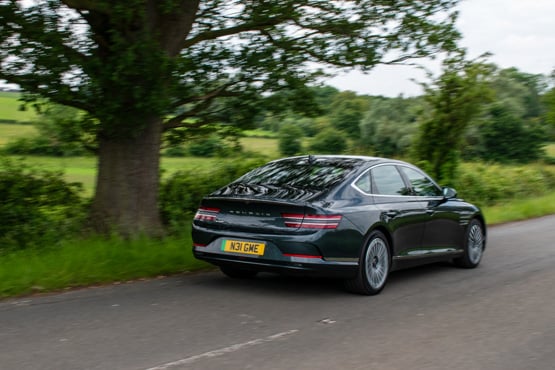
A lower-slung, more aerodynamic saloon will simply use less energy to complete journeys and when we’re talking about electric powertrains that becomes all the more important.
Saloons also have less wind noise, better performance and, generally, better ride comfort.
When it comes to comfort and technology, the G80 has really set the bar high. As standard, the car comes loaded with equipment, including leather upholstery, electrically adjustable seats, keyless entry, LED headlights and a high-end Lexicon sound system.
There’s also an abundance of driver assistance systems, such as adaptive cruise control, lane keep assist, reversing camera and blind spot monitor.
The optional Innovation Pack (£3,560), fitted to our car, brings even more goodies. My favourite is the blind-sport camera system, which activates when you indicate, giving a real-time view in the instrument cluster from the car’s rear quarter.
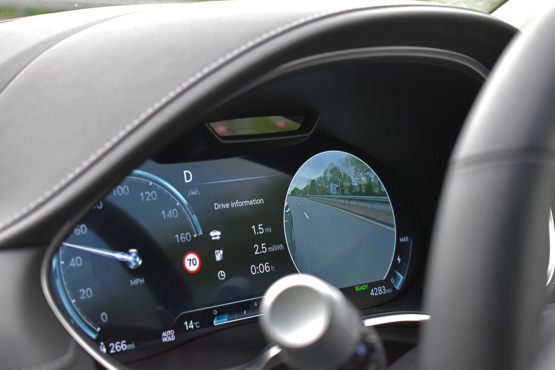
It also includes a surround view camera system, for parking, a head-up display and the ability to move the car forwards and backwards using the keyfob.
The Convenience Pack (£1,170) is another box we ticked, bringing a heated steering wheel, electric tailgate and separate climate controls for the rear passengers.
If that wasn’t enough, we also went for the Comfort Seat Pack + Executive Pack. A little frivolous at £4,960, but it does include massaging and cooled front seats, soft close doors, heated seats in the rear and a pair of monitors to keep rear seat passengers occupied.
The final option is the Solar Roof. One I’m particularly excited about. It costs £1,360 and is able to charge the car’s battery. Now, it’s not going to work in lieu of plugging the car in, but it should be able to add a couple of free miles on a sunny day and also ensures the car’s regular 12v battery won’t go flat.
So, our G80 is pretty loaded, but still represents good value. We tried speccing a BMW i5 or Mercedes EQE to the same level and, even when they’re into six figures, the Genesis still had features that are unmatched.
Genesis Electrified G80 joins our fleet
It seems like there’s a new car brand being launched every week at the moment, but the arrival of Genesis in the UK, in 2021, was one that caught our attention.
A few eyebrows were raised as to whether the Korean luxury brand, which is part of Hyundai, would resonate with our badge-oriented nation.
The first models to debut were powered by petrol and diesel engines, meaning the fleet appeal was limited. However, once Genesis started to introduce electric models the company’s proposition became a lot more attractive.
Genesis is a brand that is focused as much on its customer service as it is on products. The brand’s USP is its concierge style approach to sales and aftersales, where a representative, known as a Genesis Personal Assistant (GPA), will look after you from cradle to grave.
It means if you want to test drive a Genesis, you can just make an enquiry and someone will bring one round. Equally, handovers are conducted in a similar fashion, at the customer’s convenience. You can even call up your GPA if you’re not sure about how to switch off the lane keeping system or need some help pairing your phone to the car’s infotainment system.
When its time for a service, the GPA will arrange to come and collect the car, leave you a like-for-like replacement, and take yours away for the work.
Compared to the service level of other brands in this space, Genesis certainly stands out.
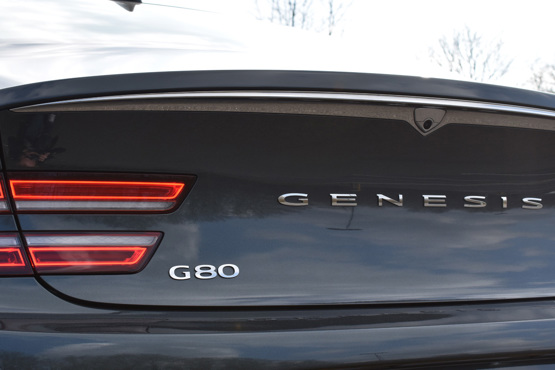
So, what about the car then?
Well, the Genesis Electrified G80 is the model we’ve got on test. It’s an executive saloon that competes in the same space as the BMW i5 and Mercedes EQE.
The most immediate thing you’ll notice about the car is its styling. Genesis is focused on luxury, rather than sportiness. The G80 is a sleek saloon, with classic looks. It flies under the radar but also retains a unique and distinct appearance.
On the inside the luxury theme continues, with a swathe of upmarket materials, high-tech features and impressive details.
The starting price for the Electrified G80 is £69,905, putting it in a similar place to both its keenest rivals.
There’s only one trim level, Luxury, and a small selection of option packs. Our car is loaded to the hilt, with a list price of £84,265. But we’ll detail the spec in the next update.
The powertrain uses an 87kWh battery and two electric motors. It gives a WLTP range of 323 miles, the assurance of all-wheel-drive and a power output of 370PS.
Matt has been an automotive journalist for nine years and has driven just about every new car and van that's on sale. As content editor - vehicles he is responsible for the automotive content on Fleet News and also contributes to Automotive Management. Prior to this, Matt worked in the automotive industry for 10 years.


Specs
| Manufacturer | GENESIS |
| Model | G80 Electric Saloon |
| Specification | GENESIS G80 Electric Saloon 272kW Luxury 87.2kWh 4dr Auto AWD |
| Model Year | 2022.00 |
| Annual VED (Road tax) | £10 |
| BIK List Price | £69,850 |
| Range | 323.00mile(s) |
| CO2 | N/A |
| BIK Percentage | 3% |
| Insurance Group | N/A |
| CC | 1 |
| Fuel Type | Electric |
| Vehicle Type | Large car |
| Luggage capacity (Seats up) | 354litres |
| Doors | 4 |
Running Costs
| P11D | £69,850 |
| Cost per mile | 80.28ppm |
| Residual value | £25,000 |
| Insurance group | N/A |
| Fuel Type | Electric |
| Cost per mile | 327.46ppm |
| Fuel | 2.76ppm |
| Depreciation | 322.30ppm |
| Service maintenance and repair | 2.40ppm |
Rivals
Info at a glance
-
P11D Price
£69,850
-
MPG
N/A (WLTP) -
CO2 Emissions
N/A -
BIK %
3% -
Running cost
3 Year 60k : £25,000 4 Year 80k : £20,275 -
Fuel Type
Electric -
Range
323.00mile(s)

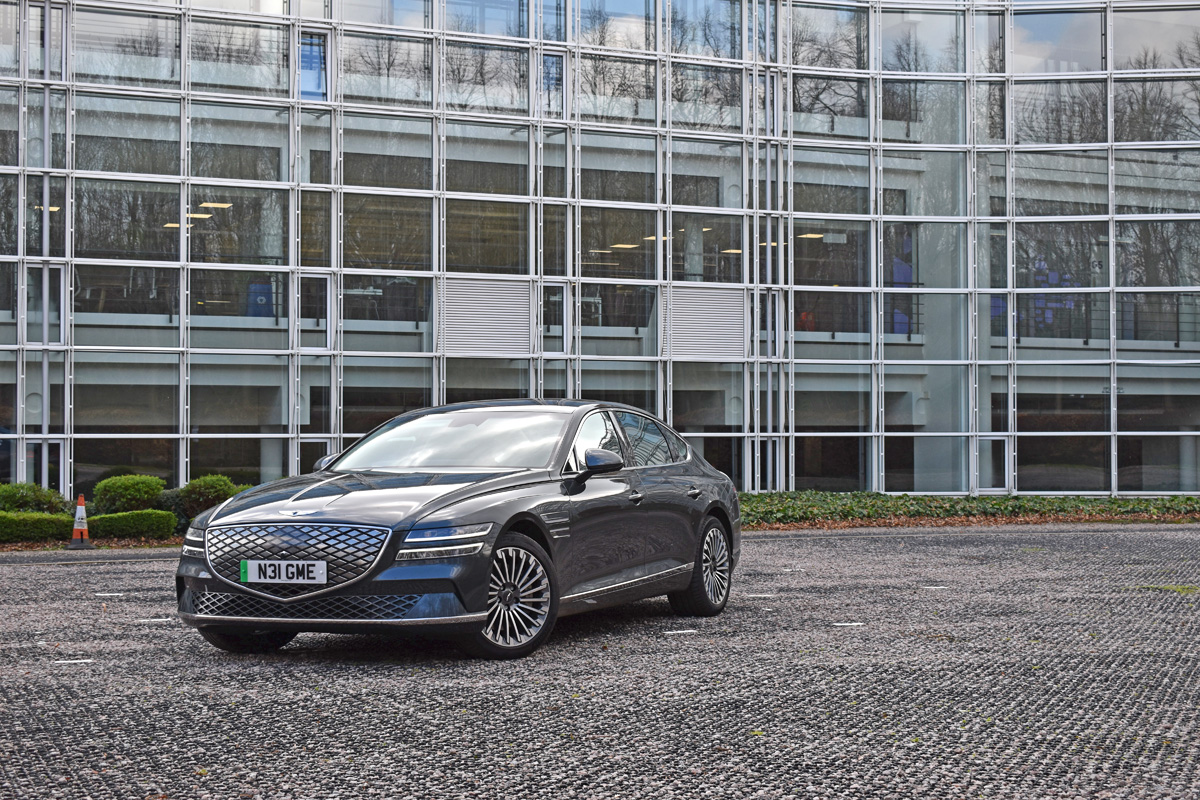

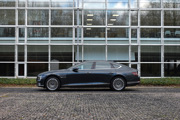



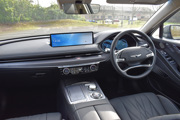
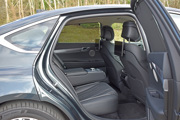
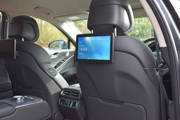
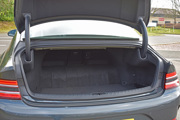
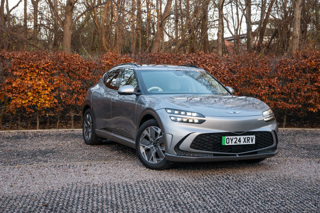
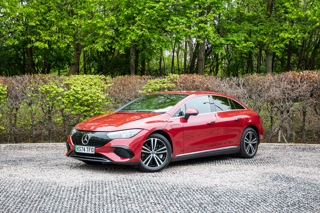
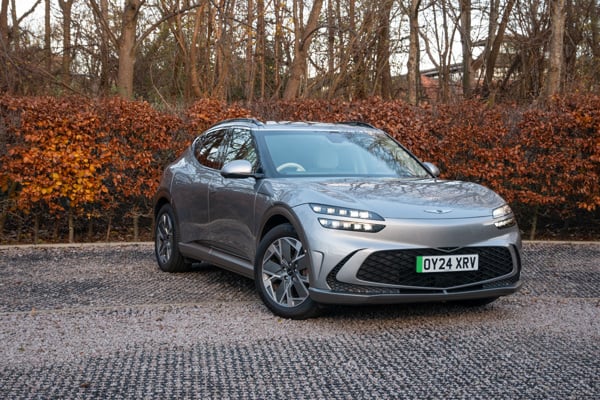
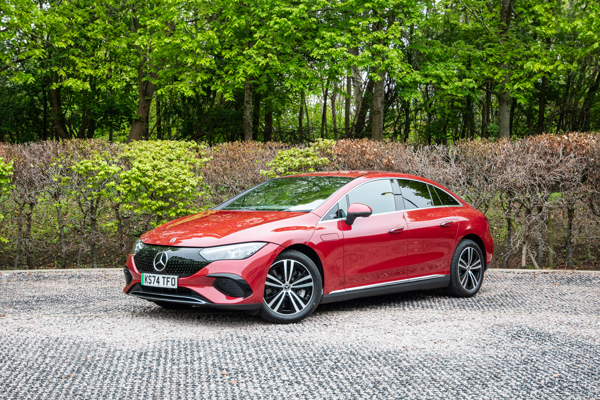

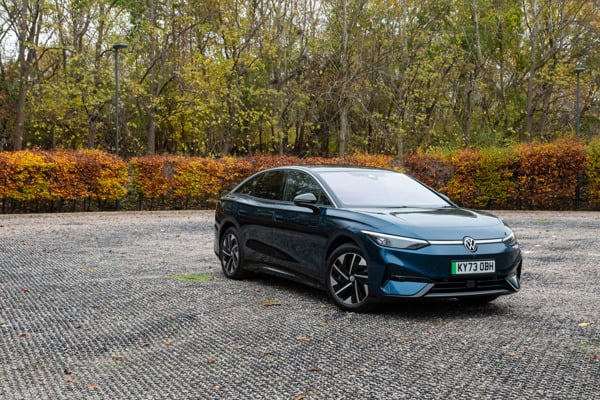
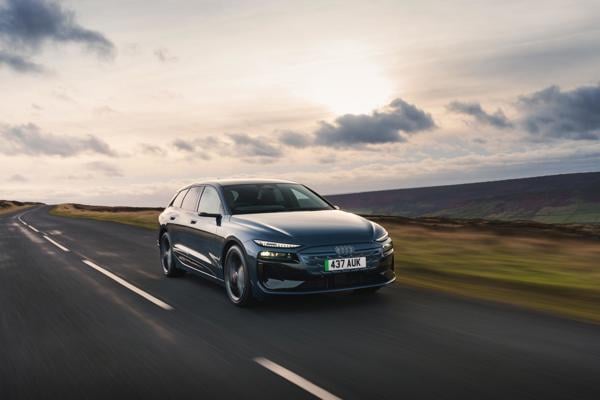
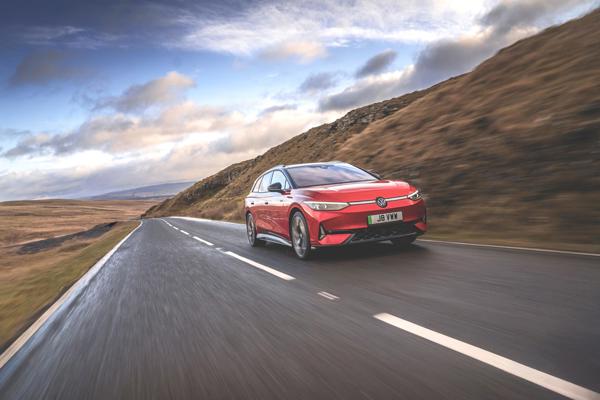


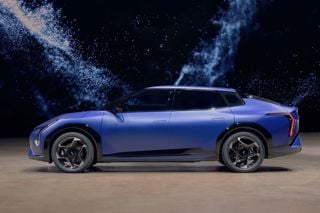
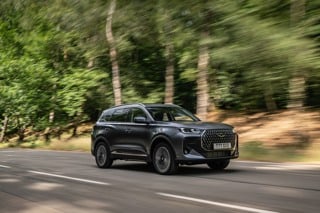
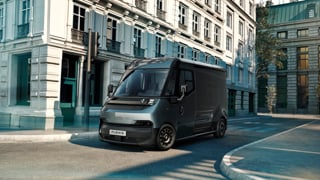












Login to comment
Comments
No comments have been made yet.